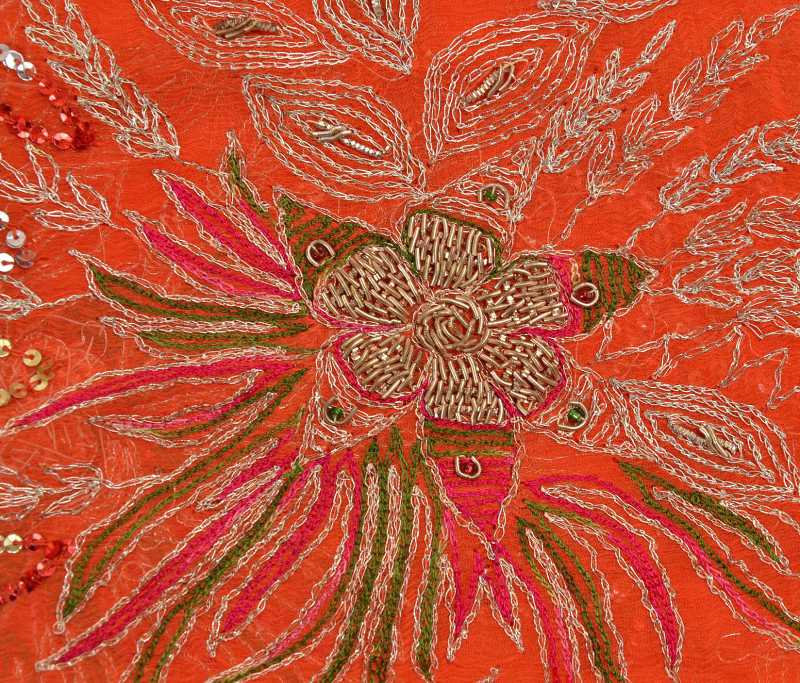===
0885,
1
===

=== |
 |
qu.suur : 'A falling short (of), a failing (of or in); deficiency; decrease; defect; failure, want, default; omission; miss; shortcoming, error, faultiness, fault, sin'. (Platts p.792)
halaak : 'Perishing; being lost; —perdition, destruction, ruin; —slaughter; death'. (Platts p.1231)
FWP:
SETS == BHI; EXCLAMATION
MOTIFS
NAMES == LORD
TERMSTo blame one's miseries on 'the sky' is an effective way for a good Muslim to avoid blaming God for them. Here the separation is emphasized by the request that the Lord would punish the sky for its cruel behavior.
For the great dome of the sky itself to 'mingle with the dust' is also a powerful image that suggests the collapse of the whole physical world.